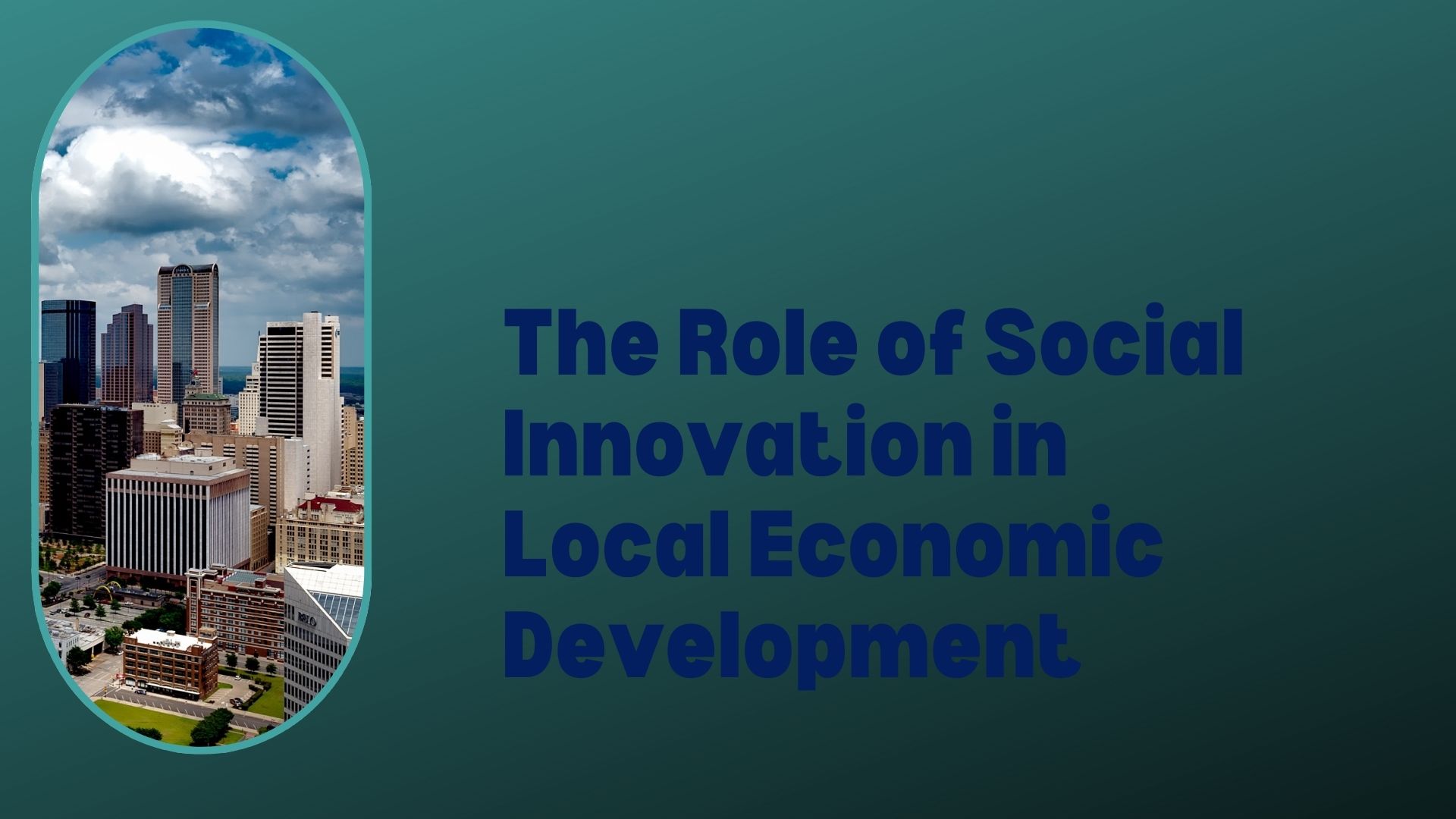The Welfare State and Economic Policy

Title OF The Topic: The Welfare State and Economic Policy:
Introduction:
A welfare state represents the government structure which uses multiple support programs to boost citizen economic and social welfare including healthcare coverage and education access along with social security benefits. A welfare state requires economic policy as a foundation to choose resource distribution methods which also affects the viability of social welfare initiatives. The connection between the welfare state and economic policy plays a vital role in contemporary societies as individuals of different communities face numerous challenges in demographics by dealing with economic changes and inequality growth. A welfare state represents a public institution which maintains vital responsibility for citizens' financial stability along with their social security. This article will help to explore the evolution of welfare states from inception through analysis of fundamental institutional features together with their economic ties and current evaluation about their utility.
Understanding Historical Background OF The Welfare State:
The welfare state concept emerged during the late 19th century due to changes in social and economic conditions from industrial revolution. The first welfare measures involved two core programs which provided worker protections against unemployment and illness. Europe led the worldwide growth of welfare states during the post-World War II era as government wanted to solve both national economic reconstruction and social inequalities. A complete blueprint for social security appeared in the Beveridge Report of 1942 that helped guide numerous countries to develop their social policy frameworks. This era involved the introduction of economic policies that used state intervention to promote citizens welfare and also developed universal care systems for healthcare and education as well as housing programs. Time brought change to the welfare state based on transforming economic circumstances and social requirements by showing dedication towards social justice and public responsibility.
Core Principles OF Welfare State Economic Policy:
Social Justice: A welfare state pursues social justice by establishing complete access for all its citizens to indispensable resources like- education, healthcare, housing and better job opportunities. Tax systems that are expensive with greater income enable government to spread wealth across society so that upper and lower classes become closer in their financial status. Social justice within economic planning helps to create a welfare state that enhances individual welfare by building social cohesion to establish an inclusive environment for peace, prosperity, and harmony among communities worldwide.
Universal Healthcare: The welfare state economic policy considers universal healthcare as an essential element that guarantees medical care access for all residents regardless of their financial situation. Universal healthcare depends mostly on tax revenue to operate, as it removes financial obstacles by strengthening both public and social equality. Health equity promoted by a universal healthcare system also leads to better social cohesion and strengthens communal responsibility. The welfare state creates economic stability through healthcare integration in its economic system, which delivers both improved life quality and social justice.
Education: Welfare state economic policy places education in a fundamental position as it works to achieve equality, along with both social progress and prolonged economic expansion. State funding for human capital development enables people to succeed through improved job potential by producing a better-skilled workforce. A welfare state approach to education programs helps create inclusive development, which decreases poverty and establishes social justice to provide opportunities for all citizens worldwide.
Income Redistribution: The welfare state economic policy uses income redistribution as its main feature to reduce both economic disparities and establish social justice. Additional wealth taxes levied on high-income individuals fund healthcare access, together with educational quality and unemployment welfare , so that the state can distribute wealth equally among citizens. Such wealth distribution raises people out of poverty and improves economic stability as well as social cohesion between communities. Through redistribution of income, the state promotes inclusive growth as it provides all citizens equal opportunity to share both national development and national prosperity.
Economic Implications OF The Welfare State And Economic Policy:
The welfare state creates major economic outcomes which drives temporary financial stability and delayed national growth. The economic framework of the welfare state diminishes disparities, provides assistance to needy groups and establishes fundamental requirements including healthcare, education, and social security benefits. Government-funded health care and educational institutions develop human skills, which create a better-performing labor force. Well-structured welfare states have the potential to offer a balance between equity and efficiency by fostering overall economic growth without damaging social harmony and political stability. It acts as an economic stabilizer in depression and a guarantee of eternal prosperity.
Challenges and Criticisms:
The welfare state, assuring equity and protection, is confronted with numerous challenges and criticisms like- cost burden of financing welfare programs, high taxation and higher public expenditure, which affects efficiency and growth in the economy. Inefficiency and mismanagement of the bureaucracy can also restrict the efficacy of welfare provision. Economic sustainability along with social obligation continues to be a daunting challenge for contemporary welfare states worldwide. The welfare state is also confronted with a series of criticisms and issues, fiscal sustainability and impact on economic conduct. Excessively high public expenditure to finance welfare programs has the impact of necessitating high taxation that can deter investment and diminish economic efficiency. The welfare state experiences different forms of criticism that depict its financial stability, together with its influence on economic conduct. Welfare initiatives lose their effectiveness due to wasteful administrative practices, improper fund utilization as well as corruption. Various labor market policies receive more attention so that they can focus on developing skills to improve job opportunities. As a result, active discussions strive to renovate welfare states for better performance against changing social demands together with economic sustainability goals.
Conclusion:
Welfare state policies promote an equitable or inclusive society by providing access to primary needs, reduce inequalities, and promote social justice. These policies must be modified to alter economic conditions, demographic variations, and technological advancement, which strikes balance between social support and fiscal responsibility.








